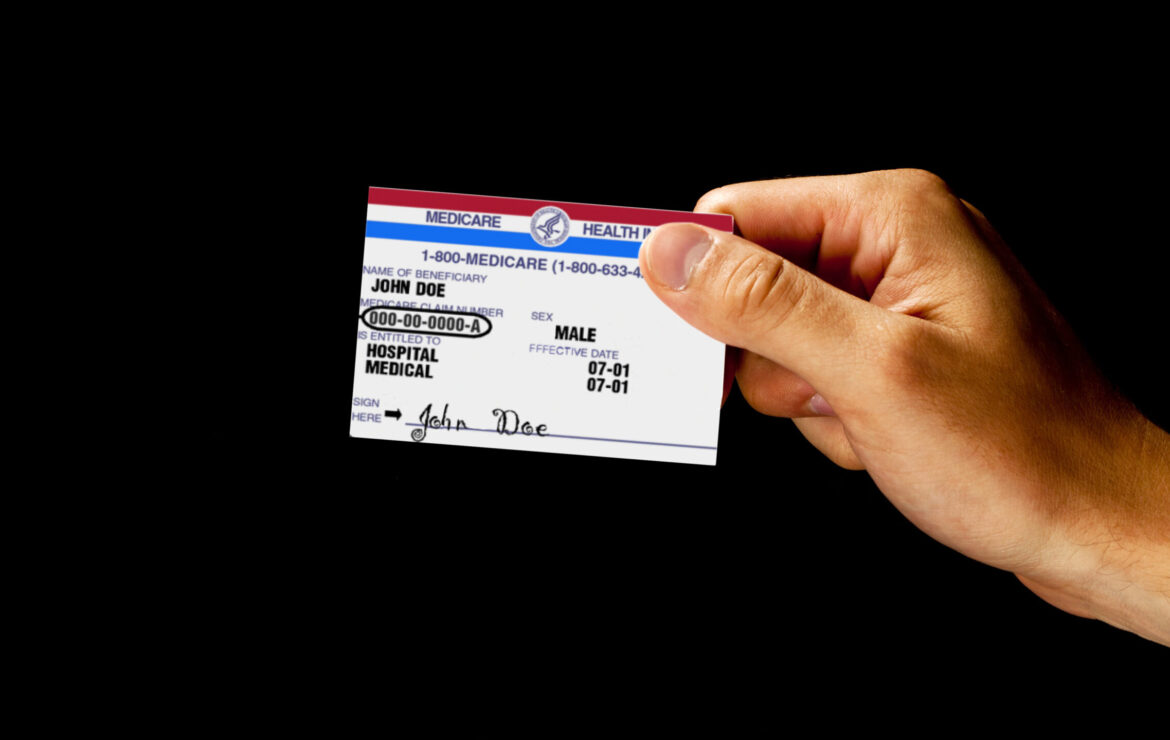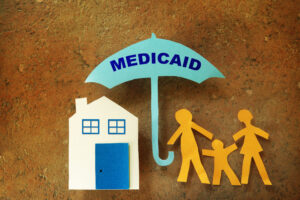How to Replace a Lost Medicaid Card (NYC)

What is a Medicaid Card?
A Medicaid card, or Common Benefit Identification Card (CBIC), is an identification card issued to individuals who are enrolled in the Medicaid program. Medicaid is a joint federal and state program that provides health insurance coverage to eligible low-income individuals and families, including pregnant women, children, elderly adults, and people with disabilities.
The Medicaid card typically includes the recipient’s name, Medicaid identification number, and other relevant information. It serves as proof of enrollment in the Medicaid program and is used to access covered healthcare services and prescription medications.
When individuals visit healthcare providers, hospitals, pharmacies, or other medical facilities, they are usually required to present their Medicaid card to receive services covered by the program. The healthcare provider will then bill Medicaid for the covered services provided to the enrollee.
How to Replace a Medicaid Card
If your Medicaid card is lost, stole or damaged, it’s important to take steps to replace it as soon as possible to ensure your continued access to healthcare services. Here’s what you should do:
First, contact your local New York State Medicaid agency as soon as possible to report the loss of your Medicaid card. If your Medicaid is with the Marketplace (NY State of Health) and you need to order a new benefit card please call the call center at 1 (855) 355-5777. They will guide you through the process of requesting a new card and you may need to provide some identifying information, such as your name, date of birth, and Medicaid identification number, to verify your identity.
The Medicaid agency may have specific procedures for requesting a replacement card, such as filling out a form or providing documentation. Follow any instructions provided by the agency to ensure that your request is processed promptly. While you’re waiting for your replacement card to arrive, it’s a good idea to verify your Medicaid coverage with your healthcare providers. You can typically do this by providing them with your Medicaid identification number and any other relevant information they may need.
Once you receive your replacement Medicaid card, be sure to keep it in a safe and secure place. You may also want to make a note of your Medicaid identification number and keep it in a separate location in case you need it in the future. By taking these steps, you can ensure that you receive a replacement Medicaid card and continue to access the healthcare services you need.
What can I use my Medicaid Card for?
Your Medicaid card can be used to access a wide range of healthcare services covered by the Medicaid program. Each member of your family or household will receive their own Medicaid card to use in a variety of medical scenarios. Some of the typical times you can use your Medicaid card are:
Doctor Visits: You can use your Medicaid card to see doctors, specialists, and other healthcare providers who accept Medicaid. This includes primary care physicians, specialists such as neurologists or cardiologists, and mental health professionals.
Prescription Medications: Your Medicaid card can be used to fill prescriptions at pharmacies that participate in the Medicaid program. Medicaid covers a wide range of prescription drugs, though specific coverage may vary depending on your state’s Medicaid program.
Hospital Services: If you need hospital care, including inpatient stays, emergency room visits, surgeries, or other medical procedures, you can present your Medicaid card to access these services.
Preventive Care: Medicaid covers a variety of preventive care services, such as immunizations, screenings, and annual check-ups. You can use your Medicaid card to access these services to help maintain your health and prevent illness.
Mental Health and Substance Abuse Treatment: Medicaid provides coverage for mental health services, including therapy, counseling, and psychiatric care. It also covers treatment for substance abuse disorders, including detoxification, counseling, and medication-assisted treatment.
Medical Equipment and Supplies: Your Medicaid card may cover the cost of medical equipment and supplies, such as wheelchairs, walkers, oxygen equipment, and diabetic supplies, if they are deemed medically necessary.
Home Health Care: Medicaid covers home health services for individuals who need assistance with activities of daily living or skilled nursing care at home. You can use your Medicaid card to access home health services if you meet the eligibility criteria.



